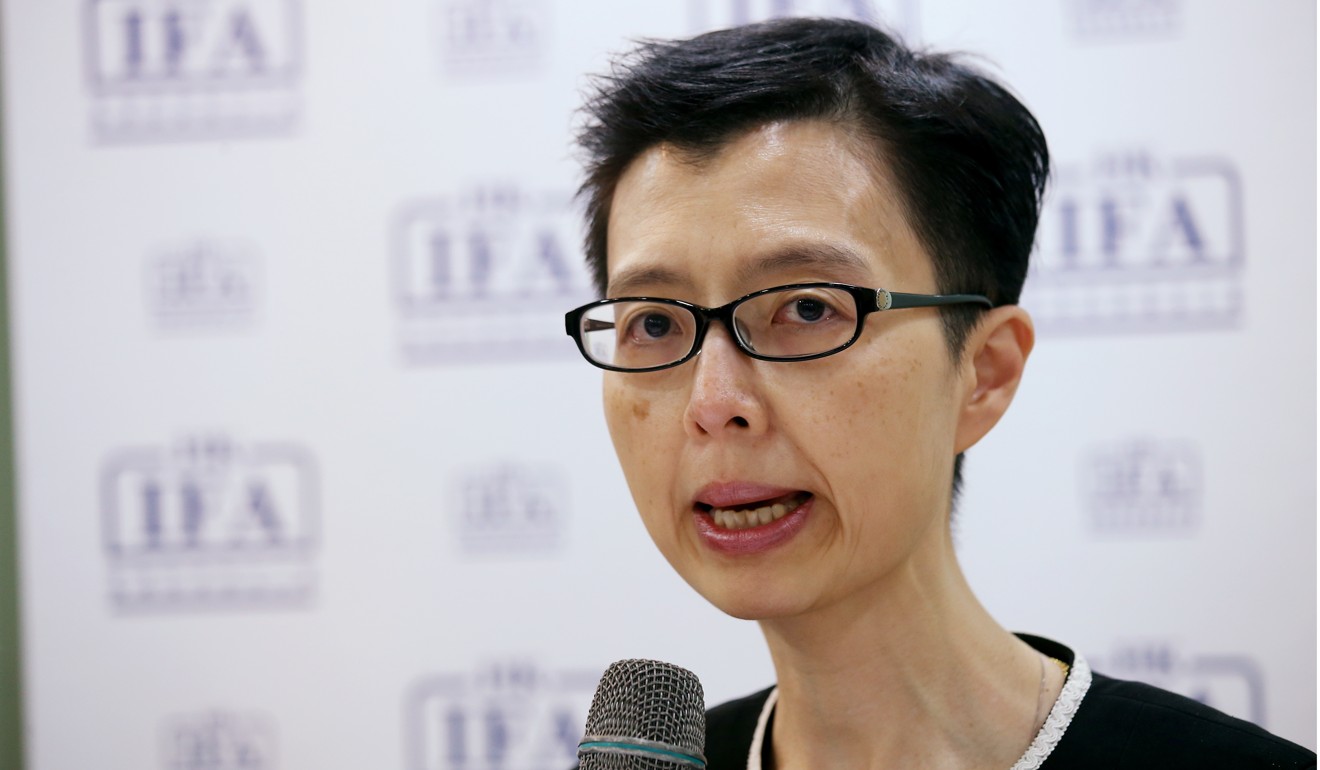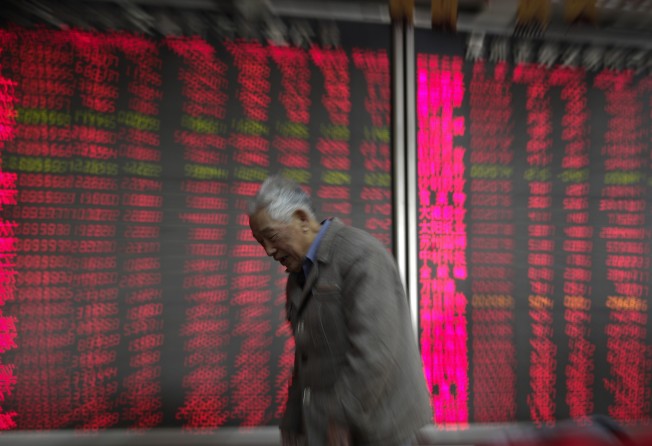
Index compiler MSCI’s inclusion of Chinese large caps boosts international investors’ net buying of A shares to record US$45b in 2018
- International investors bought 50 per cent more shares year on year in 2018, but mainlanders’ investment in Hong Kong stocks fell 75 per cent
- International investors prefer consumer facing companies, while mainlanders like financial firms

International investors’ net buying of A shares via the Hong Kong northbound stock connect schemes last year rose 50 per cent to a record US$44.7 billion after mainland listed companies were included in the MSCI indices, according to a BNP Paribas report on Thursday.
The northbound trading via the Shanghai and Shenzhen stock links also accounted for between 5 to 10 per cent of the daily A-share turnover in 2018, compared to just one per cent at the beginning of 2017.
The US-based equity index compiler MSCI last June included 235 Chinese large caps in its benchmarks for the first time, giving it a 0.71 per cent weighting in its gauges, including the MSCI Emerging Markets Index.
The weighting will rise to 2.8 per cent if the inclusion factor of large-cap securities is increased to 20 per cent. It will further go up to 3.36 per cent after mid-cap Chinese companies are included.
The French investment bank’s 2019 Asia equity and derivatives outlook forecasts that even if there is a 50 per cent participation from active funds the total inflow may exceed US$36 billion for the index rebalancing events to be conducted by MSCI, FTSE Russell and S&P Dow Jones this year.
Sally Wong, chief executive of Hong Kong Investment Funds Association, said that international fund houses had stepped up buying of Chinese stocks actively since the MSCI inclusion.

“In view of the importance of the China economy and its capital markets, the significance of A shares in a diversified portfolio will only grow,” she said. “With the major enhancements introduced since launch, the stock connect has virtually become the channel of choice for foreign investors to invest in the A-share markets.”
Hong Kong Exchanges and Clearing, the operator of Hong Kong stock exchange, set up the first stock connect scheme with Shanghai Stock Exchange in November 2014, adding Shenzhen Stock Exchange in December 2016 to boost cross border trading.
The BNP report showed that while northbound trading showed an uptick, the same could not be said for southbound buying, which dropped by 75 per cent year on year in 2018 to US$10.6 billion from US$43.6 billion in 2017.
Mainlanders’ average daily buying of Hong Kong stocks via the southbound stock connect schemes fell to between 7 to 14 per cent of turnover in 2018, down from between 10 to 20 per cent in 2017.

Gary Cheung Wai-kwok, chairman of Hong Kong Securities Association, said the decline in southbound trading could be blamed on the poor performance of the mainland and Hong Kong equity markets because of the US-China trade war and Beijing’s financial deleveraging campaign.
The Shanghai Composite Index slumped 24.6 per cent in 2018, making it the world’s worst performing equity market, while Hong Kong’s benchmark Hang Seng Index fell 13.6 per cent.
Cheung, however, believes the worst is over.
“The US and China could find a solution to end the trade war, which will boost exports and overall economic growth.”
The BNP report showed that five out of the top 10 preferred shares of international investors included mainland consumer companies like fiery liquor makers Kweichow Moutai and Wuliangye Yibin and dairy firm Inner Mongolia Yili Industrial Group.
Similarly, half of the top 10 stocks preferred by mainland investors in Hong Kong were financial firms, including banks like HSBC and ICBC and insurer AIA.